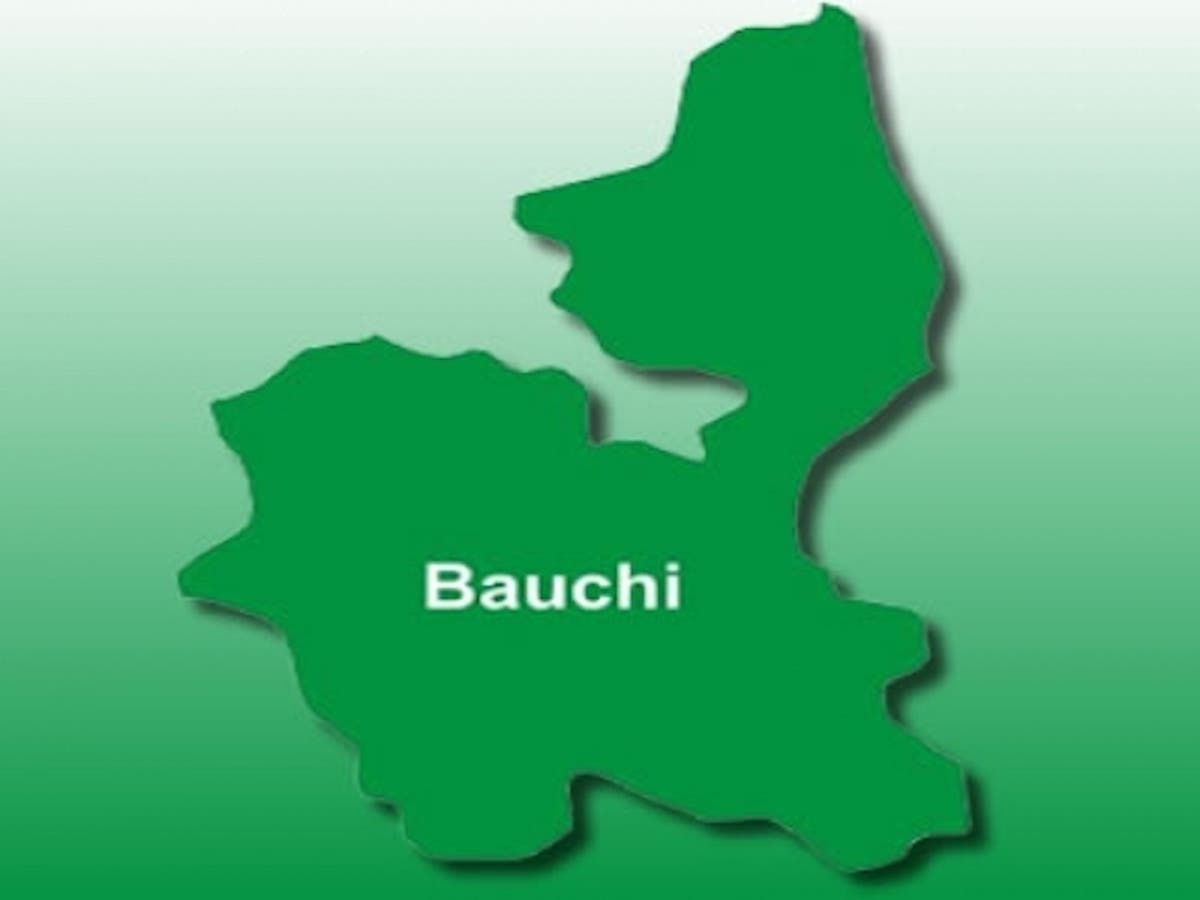The lingering issue of unpaid workers’ salaries in Bauchi State has been a source of concern for many years. Previous administrations had battled with settling most of the civil servants’ salaries, including teachers and health personnel who had not been paid for months, a situation which subjected them to untold hardships along with their families.
The causes of delay or late payment of salaries are multifaceted and complex. Some of the contributing factors include insufficient revenue, high levels of corruption and mismanagement, and inadequate budgetary allocation. In addition, there are concerns about the state’s wage bill, which is reported to be inflated due to the inclusion of fake names.
The impact of non-payment of salary is significant, with many workers struggling to meet their basic needs, pay their bills, and take care of their families. In some cases, workers have been forced to take on additional jobs or seek financial assistance from family and friends. The issue has also led to a decline in the quality of public services being rendered, including in the healthcare and education sectors.
In the past, efforts were made by the state government to address the issue. These include the introduction of biometric verification and the removal of ghost workers from the payroll, as well as increased revenue generation through taxation and other means.
However, all these and many more strategies have not yielded the desired objectives, as many workers continue to face financial hardship and uncertainty.
- Questions over unending killings in Benue
- Navy arrests 27 vessels, deactivates 294 illegal refinery sites
Hence, the issue of salary payment in the state has remained a significant challenge that requires urgent attention and action.
It is essential to address the root causes of the problem, improve financial management practices, and ensure that workers receive their salaries when due and in a transparent manner.
The welfare of workers must be given due consideration, and efforts must be made to restore public trust in the government’s ability to manage public funds and provide basic services to its citizens.
The difficulties faced by salary earners when their remunerations are delayed are quite significant. Delayed payment of salaries can lead to various financial and personal issues for workers.
These include the inability to meet financial obligations such as rent, utility bills, and other expenses, which can result in debt, eviction, or disconnection of essential services.
Victims will also suffer emotional discomfort, stress and anxiety due to uncertainty about when salaries will be paid and how to manage finances in the interim.
There will also be a significant reduction in productivity and motivation among employees, which can negatively impact their work and the overall performance of the organisation.
All these and many more can adversely affect the local economy, as workers reduce their spending, leading to a decline in demand for goods and services.
Therefore, it is crucial for the Bauchi State government, as with any government, to prioritise the timely payment of salaries to employees to prevent such hardships.
The government should allocate sufficient funds and streamline payment processes to ensure that employees receive their salaries on time.
Additionally, open communication with workers can help to manage expectations and mitigate the impact of any delays that may occur. By taking these steps, the government can help alleviate the hardship faced by workers and ensure a more productive and stable workforce.
Garba Adamu Gwangwangwan wrote from Bauchi, [email protected]

 Join Daily Trust WhatsApp Community For Quick Access To News and Happenings Around You.
Join Daily Trust WhatsApp Community For Quick Access To News and Happenings Around You.


